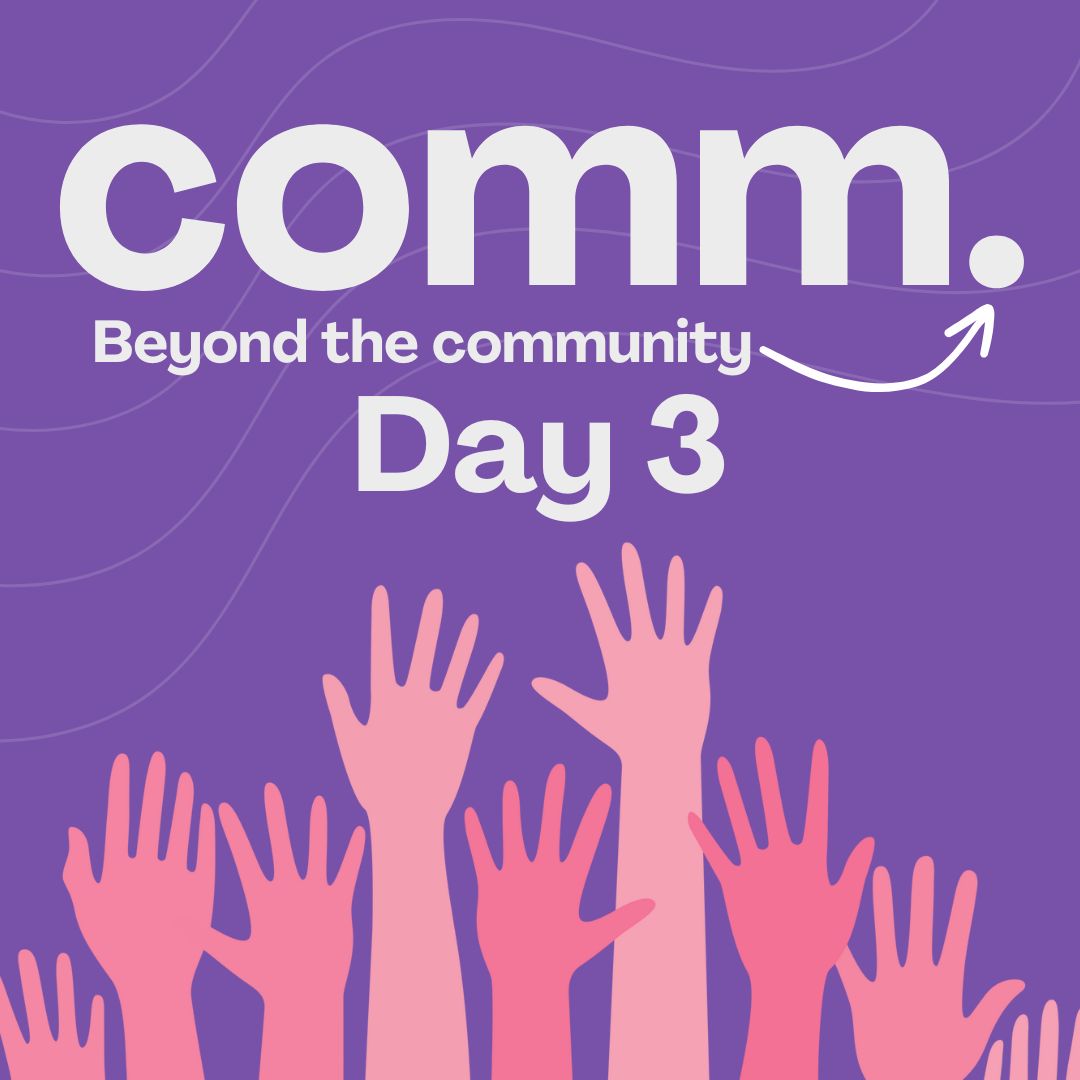“‘Which of these three do you think was a neighbor to the man who fell into the hands of robbers?’ The expert in the law replied, ‘The one who had mercy on him.’ Jesus told him, ‘Go and do likewise.’”
Luke 10:36-37
Have you ever found yourself in a situation where you needed mercy? In the story of the Good Samaritan, Jesus shows us that mercy isn’t just for our church family or friends—it’s for everyone. When Jesus asked, ‘Which of these three do you think was a neighbor to the man who fell into the hands of robbers?’ the answer was clear: the one who showed mercy. Jesus tells us, ‘Go and do likewise.’ This is a call for us to practice this same kind of mercy in our daily lives.
We often consider the church the main place to show kindness and mercy. We help with church events, support fellow members, and participate in missions. These are important, but Jesus wants us to expand our view of mercy to include everyone we meet. The Good Samaritan didn’t know the injured man, yet he went to help him. This is the kind of mercy Jesus wants from us.
Think about the people you see every day—the homeless person on the corner, the co-worker having a hard time, the elderly neighbor who lives alone. These folks might not be part of your church but are part of your community. Showing mercy to them means noticing their needs and doing something about it. It’s about looking past our comfort zones and biases to offer help where needed most.
Sometimes, showing mercy can be inconvenient or uncomfortable. The priest and the Levite in the story likely had good reasons for not stopping to help. They might have been busy or scared. But the Samaritan put aside his plans and fears to help. Mercy often means stepping out of our routine and making sacrifices. It’s about putting others’ needs before our own.
As Godseekers, we’re called to live out this mercy every day. Our faith isn’t just about what happens inside the church; it’s about how we live it. Acts of compassion can be small, like a kind word or a helping hand, or more significant, like volunteering time or resources to those in need. Each act of mercy, no matter how small, shows the love of Christ.
Imagine the impact if we all practiced this kind of mercy daily. Simple acts of kindness and generosity would transform our communities. Barriers of prejudice and indifference would break down, creating a more compassionate world. This is the power of mercy—it can change lives, including our own.
As John Bunyan said, “You have not lived today until you have done something for someone who can never repay you.” This captures the essence of Christ-like mercy—giving without expecting anything in return. This week, let’s challenge ourselves to extend mercy beyond the church. Look for chances to help those you meet in your daily life. Please pay attention to the needs around you and be ready to act, even when it’s inconvenient. Remember, Jesus’ command is clear: “Go and do likewise.” Let’s take this to heart and make a real difference in our communities.
As we go about our days, let’s remember that we are Jesus’ hands and feet. Our acts of mercy, no matter how small, are a testament to His love. Together, as Godseekers, we can extend mercy beyond the church, transforming our communities with the love of Christ.
Prayer
Lord, help us to extend Your mercy beyond the walls of our church. Open our eyes to see the needs around us and give us the courage to act. May our actions reflect Your love and bring hope to those in need. In Jesus’ name, Amen.
Personal Reflection
- When have I felt the call to show mercy outside of my church community?
- What barriers must I overcome to extend mercy to those around me?
Step of Faith
Find a way to show mercy to someone outside your usual circle this week. It could be a stranger, a co-worker, or a neighbor in need. Let your actions demonstrate the love and mercy of Christ.








